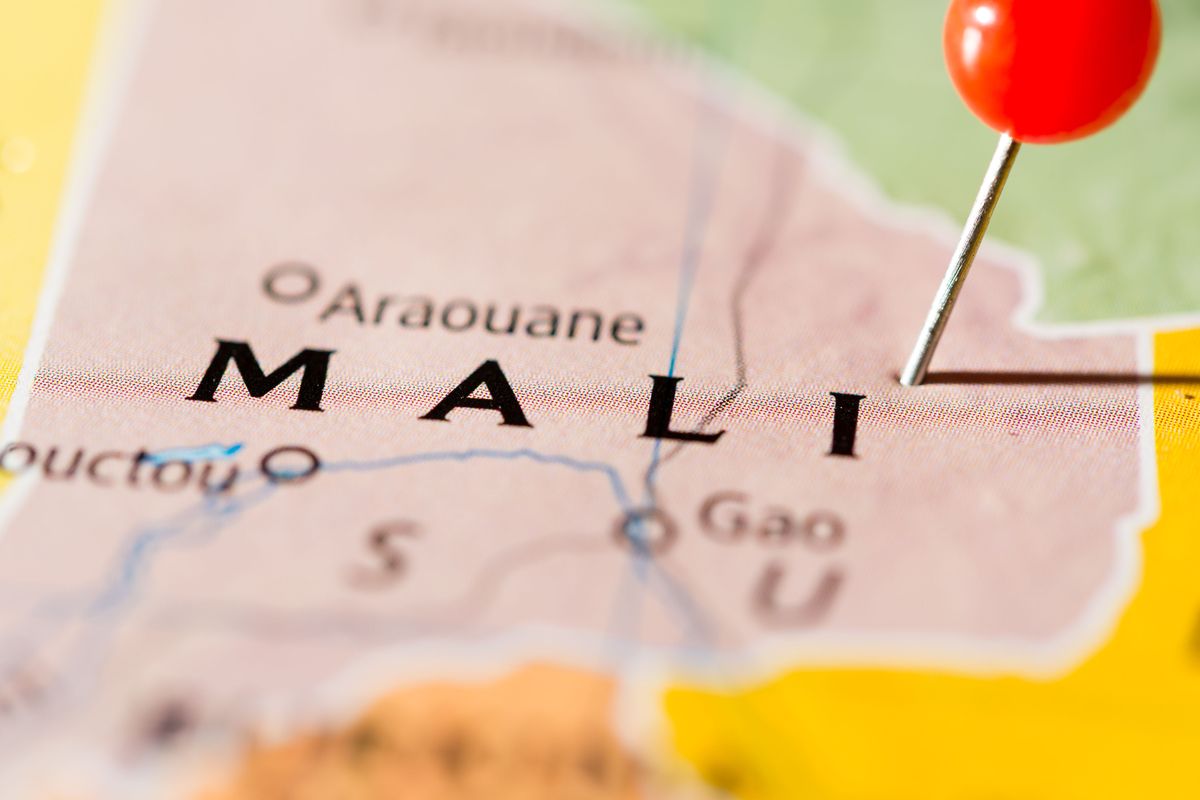Deadly Illegal Gold Mine Collapse in Mali Kills Dozens
At least 40 people are dead following the collapse of an illegal gold mine in Mali.

A deadly mine collapse in Western Mali’s Kayes region has left at least 40 people dead.
The BBC reported that the accident occurred on Saturday (February 15) near the towns of Kéniéba and Dabia, areas known for their rich gold deposits, but also notorious for informal, unregulated mining.
This disaster marks the second fatal mining accident in the country in just three weeks.
The victims were reportedly scavenging in open-pit mines left by industrial miners when the ground caved in. These informal miners, driven by economic hardship, often seek remnants of gold in unstable abandoned mine shafts.
Rescue teams have retrieved many of the bodies, though reports from local authorities continued to vary as of the time of this writing on Monday (February 17), with some sources reporting as many as 48 deaths.
The tragic incident comes as Mali struggles to manage its mining industry and regulate informal operations.
Despite being one of Africa's largest gold producers, the country is facing significant safety challenges due to inadequate oversight and unsafe mining practices — the result of poverty in local communities. Just weeks ago, at least 10 people were killed in a separate mining disaster when a tunnel flooded in the central region of Mali.
At the same time, the country’s formal mining industry is grappling with changing government regulations.
Mali’s military-led government is currently in a dispute with Barrick Gold (TSX:ABX,NYSE:GOLD), one of the country’s largest foreign investors. In January, Barrick's Loulo-Gounkoto mine was placed under a temporary suspension after the Malian government blocked gold shipments and seized 3 metric tons of gold worth approximately US$245 million.
The Malian government is seeking to increase its share of revenue from foreign mining operations, a stance that has drawn criticism from companies like Barrick and has led to tensions between the Canadian firm and the government.
Barrick has stated that it will resume operations at Loulo-Gounkoto once the shipment ban is lifted, but the political environment in Mali continues to create uncertainty for foreign investors.
Barrick’s CEO, Mark Bristow, has been outspoken about how the dispute is affecting the company's operations, noting that Barrick has paid substantial taxes to the government in recent years, including US$460 million in 2024 alone.
The collapse in Kayes, which occurred at an abandoned site once operated by a Chinese company, also brings attention to the role of foreign investors in Mali’s mining sector.
China has been a major player in developing Mali's resources, particularly gold, and companies from the country have faced criticism for their environmental practices and labor conditions.
While Chinese investments have improved infrastructure, including roads and transportation, concerns over environmental impact and the level of oversight remain.
Don’t forget to follow us @INN_Resource for real-time updates!
Securities Disclosure: I, Giann Liguid, hold no direct investment interest in any company mentioned in this article.






